Beltane and the Wu Wei Moon II
Monday gratefuls: Stevinson’s Toyota. Snow and rain. Now 8 or 9″. All moisture accepted and appreciated. My son. Shadow, the regresser. Her 15 minutes on the treat (shh. Leash.). Common Ground. Heal the soil. The Great Work: create a sustainable presence for humans on Mother Earth.
Sparks of Joy and Awe: Rain and Snow
Week Kavannah: Enthusiasm. Zerizut.
One brief shining: A cold rain has fallen; on its cool breath came a good night’s sleep, up at 5 am with a lick of Shadow’s tongue, a deep whine, unusual for her, so I moved as creaky quick as possible to get her outside.
 The coming Snow. Leaving her Snow shoes on. Ruby will still get her 60,000 mile service with all fluids replaced. Means I will sit. Wait. Not easy, but necessary. Keep Ruby on the road. She’s already been built. I’ve gotten at least 250,000 miles on the Toyota’s I’ve driven. Probably my last car. Now seven years old.
The coming Snow. Leaving her Snow shoes on. Ruby will still get her 60,000 mile service with all fluids replaced. Means I will sit. Wait. Not easy, but necessary. Keep Ruby on the road. She’s already been built. I’ve gotten at least 250,000 miles on the Toyota’s I’ve driven. Probably my last car. Now seven years old.
A devil’s bargain I didn’t know I made back in 1963 when I got my first driver’s license. A carbon footprint, cabrón. All those years on the road. Helping send carbon up, up, up. Insulate Mother Earth.
The freedom of driving carrying such a high cost, higher even than Dead Man’s Curve or Teen Angel. Back then car wrecks were the worst we could imagine. Now: each car a tiny Chicxulub meteor. Death by a thousand infernal combustion engines.
Kate used to talk about an adrenal squeeze. Saw in my USPS advance notice I had a letter from Traveler’s Insurance, carrier for my home, auto, and personal liability. Stamped on the outside of the envelope: IMPORTANT INSURANCE INFORMATION.
Was it my turn to scramble for another carrier? The envelope didn’t show up that day. I checked online. Found nothing. It came the next day.
Conditional renewal. I have to accept a $5,000 deductible for Hail and Wind damage. Well, all right. I can do that. I’d read that insurers for Colorado homes see our hail threat as much more dire than Wildfire. Here’s proof.
Just a moment: Do all people deserve due process? I don’t know, said our President. It might mean, he went on, one million, two million, three million trials. What was that oath again?
Perhaps he thought then, right at that moment. What if I could be Pope? Hey, let’s get AI to see how I’d look. Tone deaf doesn’t even begin to describe that. It’s the religious equivalent of saying if you’re famous you can grab them by the pussy.
 On a more upbeat note. I watched, at Tom’s suggestion, Common Ground. A documentary on Prime Video. I felt tears well up often at the savage rending of our most important resource: top soil.
On a more upbeat note. I watched, at Tom’s suggestion, Common Ground. A documentary on Prime Video. I felt tears well up often at the savage rending of our most important resource: top soil.
Joy with the clips of regenerative farmers growing corn in fields with legume cover crops. With the 7,000 acre farm in Williamsport, Indiana. Disturbing the soil with cattle grazing, mimicking the buffalo. Turning a profit by not feeding Monsanto, Bayer, John Deere. Lower input costs. Higher return on investment. This is the way.


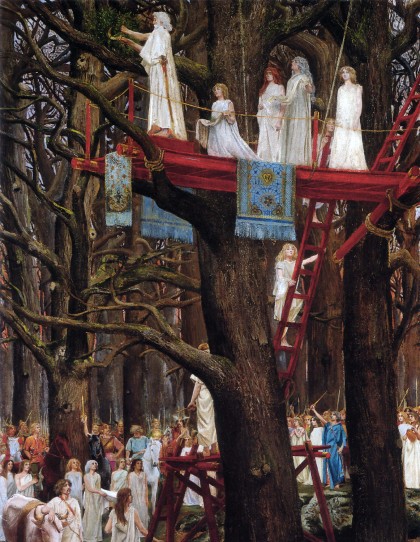
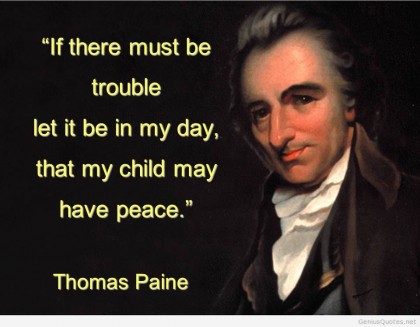
 A fraught topic. It has become a canard of post-election coverage that racism and other identity based prejudices drove Trump’s outsize performance in rural America. And, there is no doubt that racism, misogyny, xenophobia, homophobia and nativism were part of Trump’s very cynical-and ultimately successful-campaign strategy.
A fraught topic. It has become a canard of post-election coverage that racism and other identity based prejudices drove Trump’s outsize performance in rural America. And, there is no doubt that racism, misogyny, xenophobia, homophobia and nativism were part of Trump’s very cynical-and ultimately successful-campaign strategy.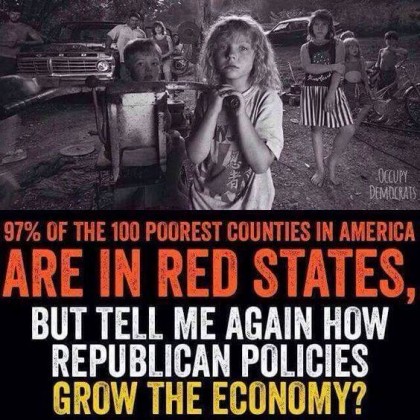 How you define is how you solve. “If I were given one hour to save the planet, I would spend 59 minutes defining the problem and one minute resolving it,” Albert Einstein said. If you have a desire to resolve the current political abyss separating the peculiar combination of the Pharaoh’s and the white working class from the rest of us, you have to decide what the problem really is.
How you define is how you solve. “If I were given one hour to save the planet, I would spend 59 minutes defining the problem and one minute resolving it,” Albert Einstein said. If you have a desire to resolve the current political abyss separating the peculiar combination of the Pharaoh’s and the white working class from the rest of us, you have to decide what the problem really is.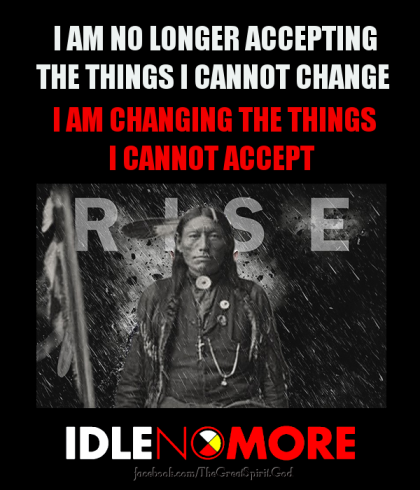 Violent conflict between and among members of the working class occur over the distribution of economic resources: jobs, home loans, good education, accessible and affordable health care, housing and food available at reasonable prices. This is where racism and xenophobia get reinforced as African-Americans, Latinos and recent immigrants compete with non-college educated whites for a vanishing supply of living wage jobs. There are few such jobs now available to persons with a high school education or less.
Violent conflict between and among members of the working class occur over the distribution of economic resources: jobs, home loans, good education, accessible and affordable health care, housing and food available at reasonable prices. This is where racism and xenophobia get reinforced as African-Americans, Latinos and recent immigrants compete with non-college educated whites for a vanishing supply of living wage jobs. There are few such jobs now available to persons with a high school education or less.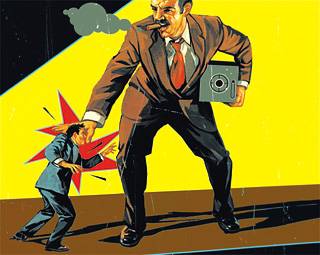 If we can become the ones who offer real solutions to this devastating economic reality, then we will gain the political support of those whose lives have been changed by them. This is not cynicism, this is politics at its highest and best purpose, resolving public problems communally.
If we can become the ones who offer real solutions to this devastating economic reality, then we will gain the political support of those whose lives have been changed by them. This is not cynicism, this is politics at its highest and best purpose, resolving public problems communally.